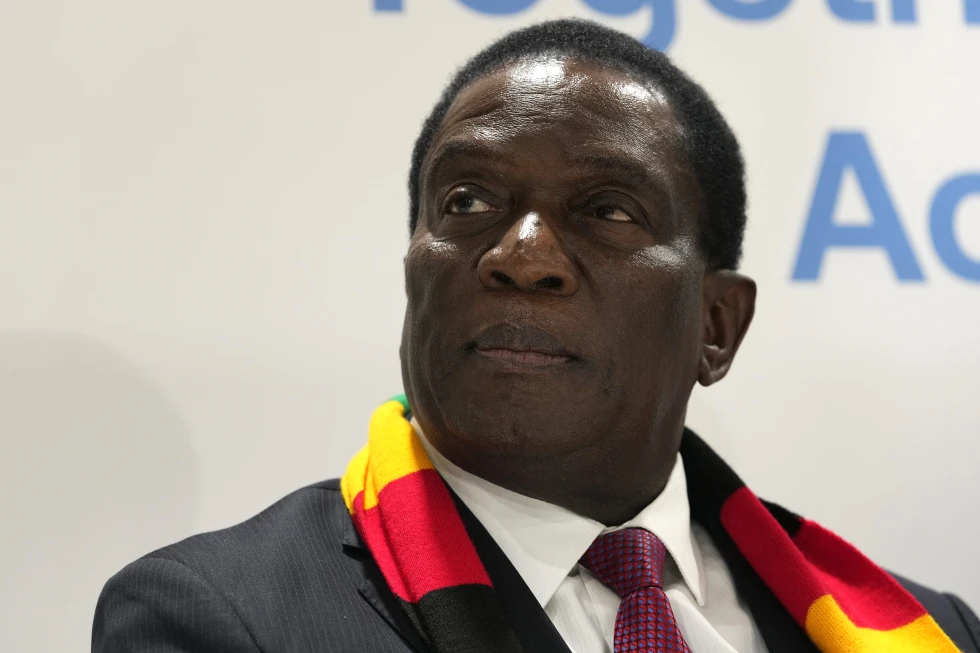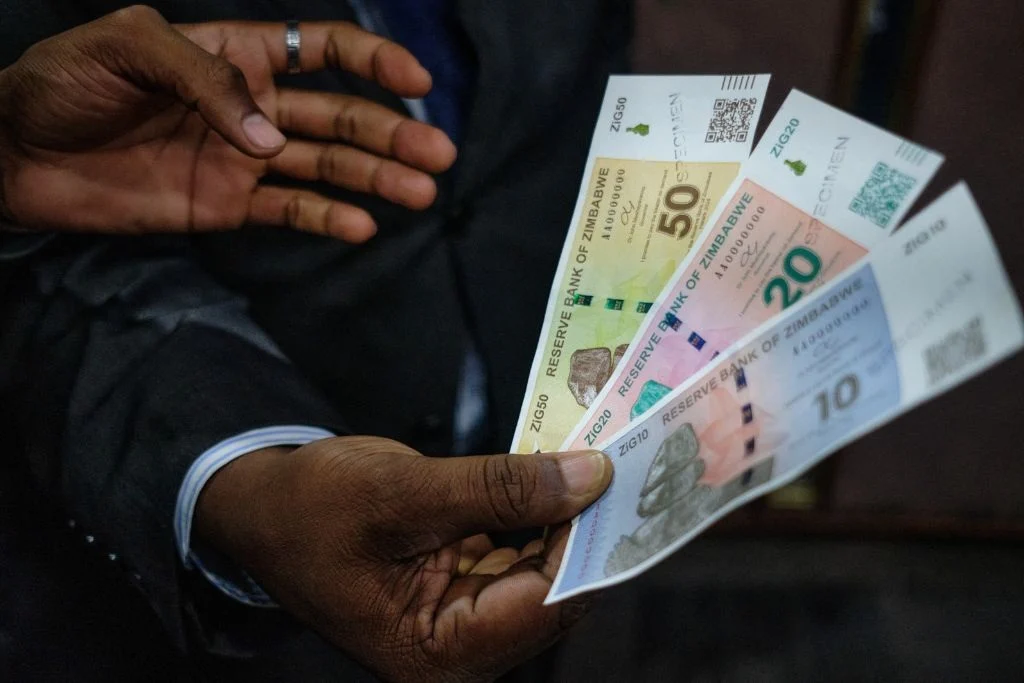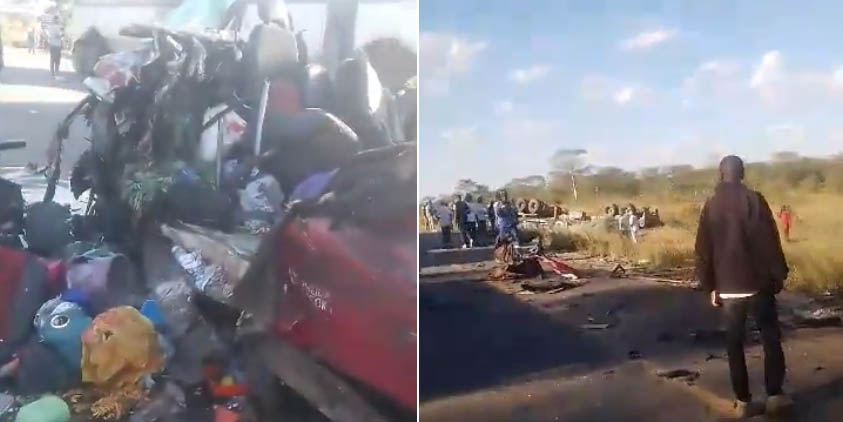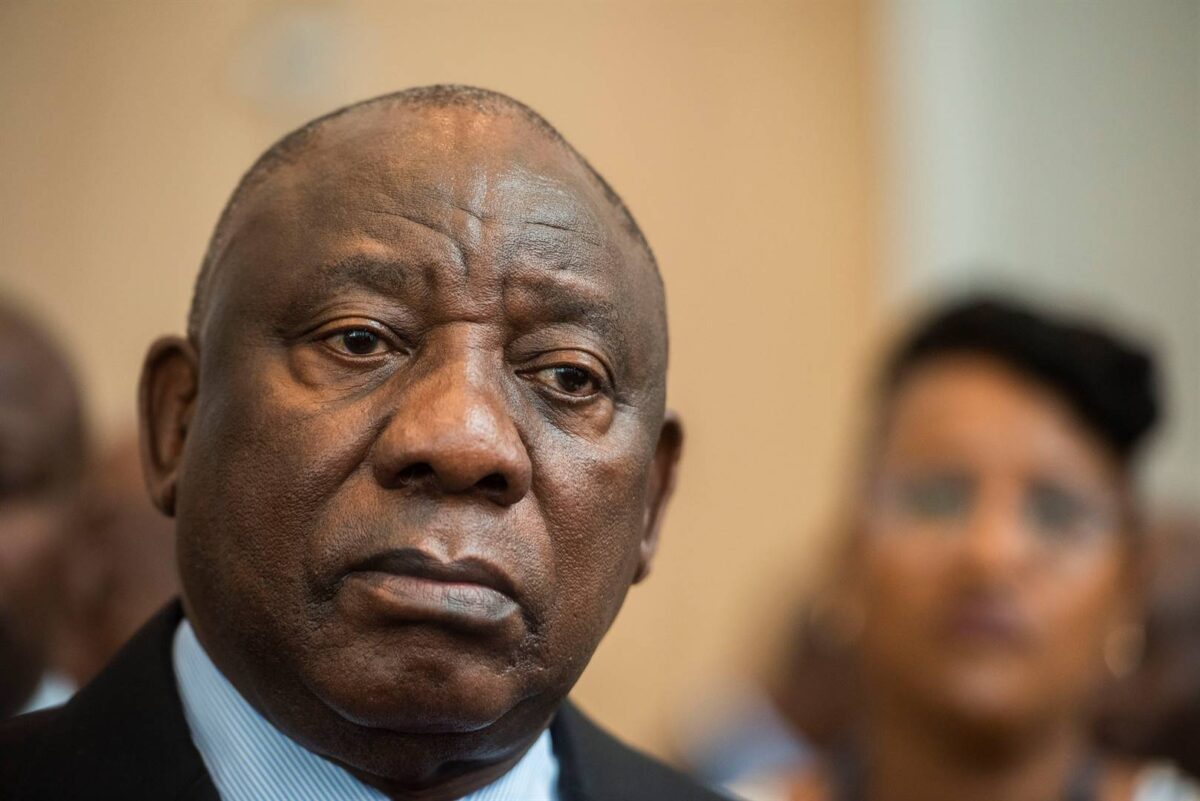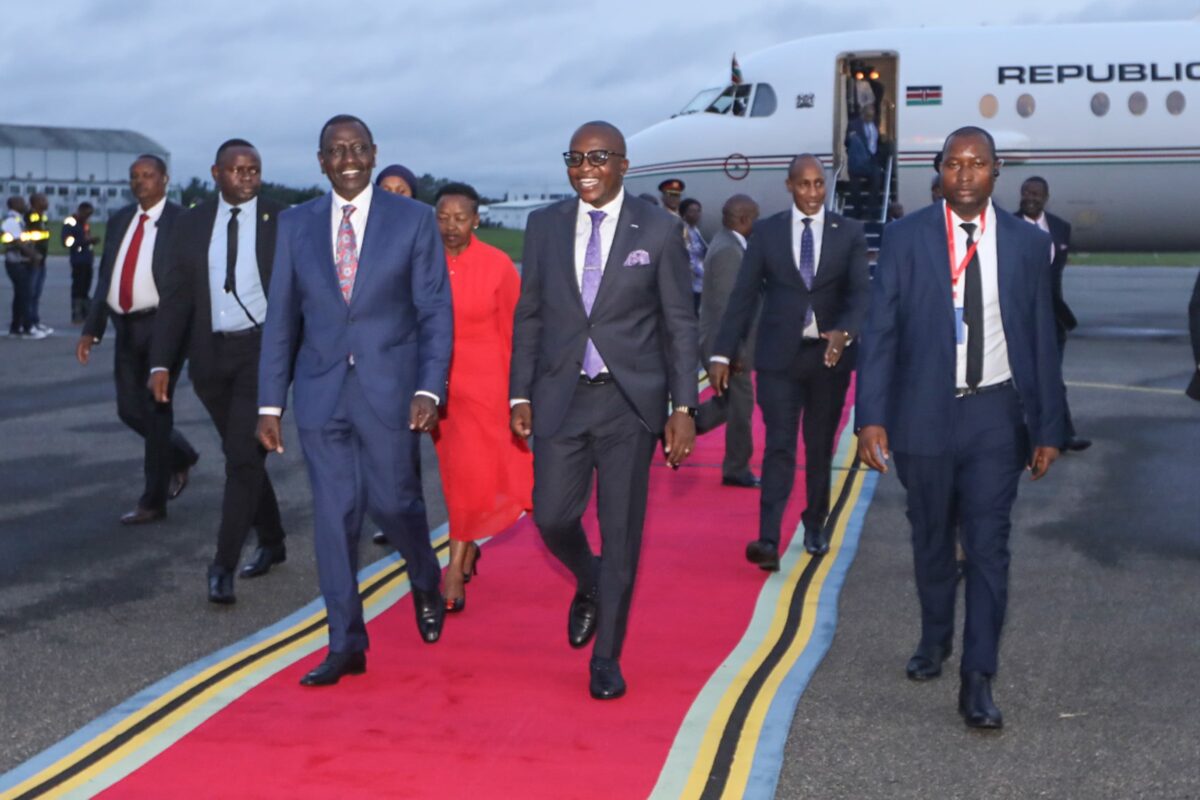WASHINGTON, United States – The United States on Monday terminated a Zimbabwe sanctions programme and reimposed curbs on nine people and three entities, including President Emmerson Mnangagwa, over their involvement in corruption and human rights abuses.
President Joe Biden signed an executive order that terminates Zimbabwe’s national emergency and revokes Zimbabwe-specific sanctions. Now, the administration is using a Trump-era executive order that implements the Global Magnitsky Human Rights Accountability Act as its authority to issue the sanctions.
Washington is seeking to make clear that the sanctions are not intended to target the people of Zimbabwe with Monday’s move, Deputy Treasury Secretary Wally Adeyemo said in a statement.
“Today we are refocusing our sanctions on clear and specific targets: President (Emmerson) Mnangagwa’s criminal network of government officials and businesspeople who are most responsible for corruption or human rights abuse against the people of Zimbabwe,” Adeyemo said.
Mnangagwa, the U.S. says, “is involved in corrupt activities, in particular those relating to gold and diamond smuggling networks.”
Among those targeted with fresh sanctions were the first lady Auxillia Mnangagwa for “facilitating her husband’s corrupt activities” as well as businessman Kudakwashe Regimond Tagwirei, Vice President Constantino Chiwenga and Defence Minister Oppah Muchinguri, among others.
The other people facing fresh sanctions are Central Intelligence Organisation deputy director Walter Tapfumaneyi, Tagwirei’s wife Sandra Mpunga, businessman Obey Chimuka, police commissioner general Godwin Matanga, deputy police commissioner Stephen Mutamba and Midlands minister Owen Ncube.
The entities targeted were Sakunda Holdings, which the U.S. Treasury said has facilitated state corruption, as well as Fossil Agro and Fossil Contracting.
Sanctions on dozens of people and entities were set to be removed with Monday’s termination of the Zimbabwe executive orders, including against the president’s eldest son Emmerson Junior, who is largely viewed as the face of his father’s business interests.
Former first lady Grace Mugabe and former higher education minister Jonathan Moyo are also among the names being removed from the sanctions list.
Mnangagwa first became president when longtime strongman Robert Mugabe was toppled in a 2017 military coup after 37 years in power. Mnangagwa’s first term was marked by runaway inflation, currency shortages and sky-high unemployment.
The Zimbabwean dollar has lost more than 60 percent of its value against the U.S. dollar so far this year, while annual inflation is at 47.6 percent in a country still scarred by memories of hyperinflation.
“The United States remains deeply concerned about democratic backsliding, human rights abuses, and government corruption in Zimbabwe,” Adeyemo said.
“These changes to our approach provide an opportunity for the government of Zimbabwe to undertake key reforms to improve its record on human rights, good governance, and anti-corruption.”
U.S. Secretary of State Antony Blinken said in a statement that the designations “are part of a stronger, more targeted sanctions policy towards Zimbabwe the United States is implementing.”
“Key individuals, including members of the government of Zimbabwe, bear responsibility for these actions, including the looting of government coffers that robs Zimbabweans of public resources,” he said.
Zimbabwe government spokesman Ndavaningi Mangwana said the termination of the 2003 sanctions was “massive and a great vindication of President Mnangagwa’s foreign policy.”
“That said, as long our president is under sanctions Zimbabwe remains under illegal sanctions. As long as members of the first family are under sanctions, Zimbabwe remains under illegal sanctions. And as long as senior leadership is under sanctions, we are all under sanctions. And as long as members of corporate Zimbabwe are under sanctions, we are under sanctions,” he wrote on X, formerly Twitter.
